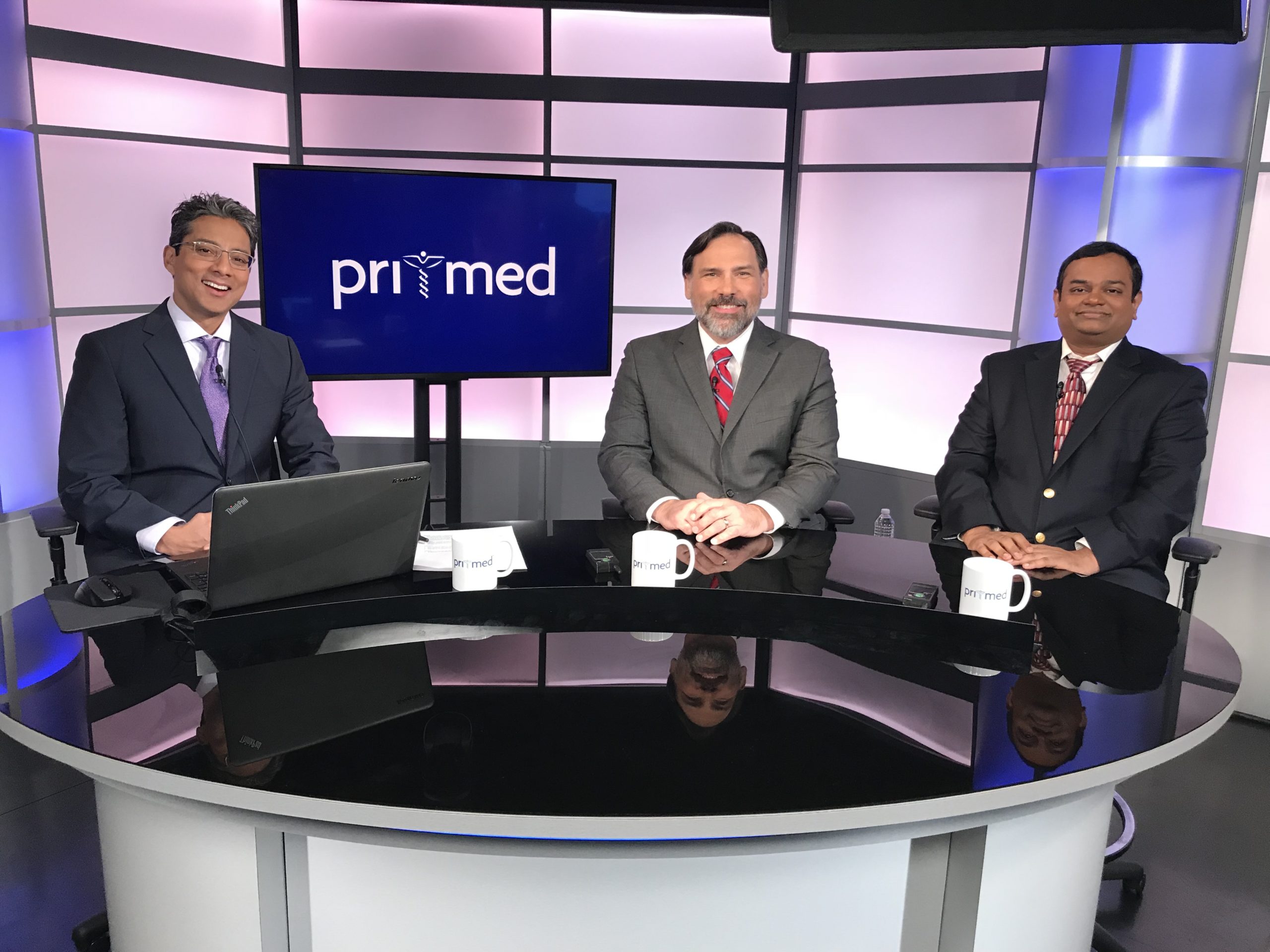Free Psychiatry CME
1 - 3 of 3 results
- FREE
ScientiaCME Neuropsychiatry – Psychiatry
Scientia CME Neuropsychiatry – Psychiatry contains two additional lectures:
- Improving the Treatment and Management of Schizophrenia: An Overview of Current and Novel Approaches (1 hr CME)
- Major Depressive Disorders (MDD): Best Practice And The Role Of Novel Therapies (1 hr CME)
Target Audience: Psychiatrists
See full details chevron_right- Cost: Free
- Credit hours: 2
- CME credits awarded by: ScientiaCME
- Format: On-Demand Online
- Expiration of CME credit: Two years after release
- FREE
Free Psychiatry CME Courses from Pri-Med® – Designed for Primary Care Clinicians
Individuals with depression, anxiety, bipolar disorder, and other psychiatric conditions first seek help from primary care providers like you. Our courses offer practical guidance on assessing and managing these can’t-miss diagnoses in your patients. Choose from a variety of free psychiatry CME courses to improve care for your patients. Earn credits at no cost today.
See full details chevron_right- Cost: Free
- Credit hours: Varies by Course
- CME credits awarded by: pmiCME, the accredited division of Pri-Med®
- Format: On-Demand Courses Online
- Material last updated: Continuously Updated
- Expiration of CME credit: Varies by Course
- FREE
CME: Opioid dependence and opioid use disorder: best practices, barriers in care, and the role of long-acting injectable medication
Opioid use disorder (OUD) affects millions of individuals globally and is best defined by the Diagnostic and Statistic Manual of Mental Disorders, Fifth Edition (DSM-5) as a condition due to tolerance, manifestation of physical dependence, and loss of control leading to health hazards.The scale of the problem is staggering, and while the causes are manifold, it is fueled in part by widespread availability: the Centers for Disease Control and Prevention estimates that the distribution of prescription opioid analgesics rose over fivefold between 1997 and 2007.
By the end of the session the participant will be able to:
- Describe the epidemiology of OUD and dependence, and outline current and the significance of inappropriate selection and treatment of opioid therapy
- Identify long-acting treatment modalities for OUD and dependence, and apply them to patient cases using evidence-based medicine
- Identify challenges associated with the selection and implementation of drug regimens to the treatment of OUD and dependence, including risk factors for opioid overdose
- Develop strategies for recognizing and improving therapeutic adherence in patients treated for OUD and opioid dependence
Target Audience:
Healthcare professionals specializing in: addiction specialists, pain management specialists, primary care physicians, and psychiatrists; physician assistants, nurse practitioners, nurses, and pharmacists who practice in pain management or substance abuse; and any other health professionals who encounter OUD in the clinical setting.
See full details chevron_right- Cost: Free
- Credit hours: 1
- CME credits awarded by: ScientiaCME
- Format: On-Demand Online
- Material last updated: 12/30/19
- Expiration of CME credit: 12/30/21



